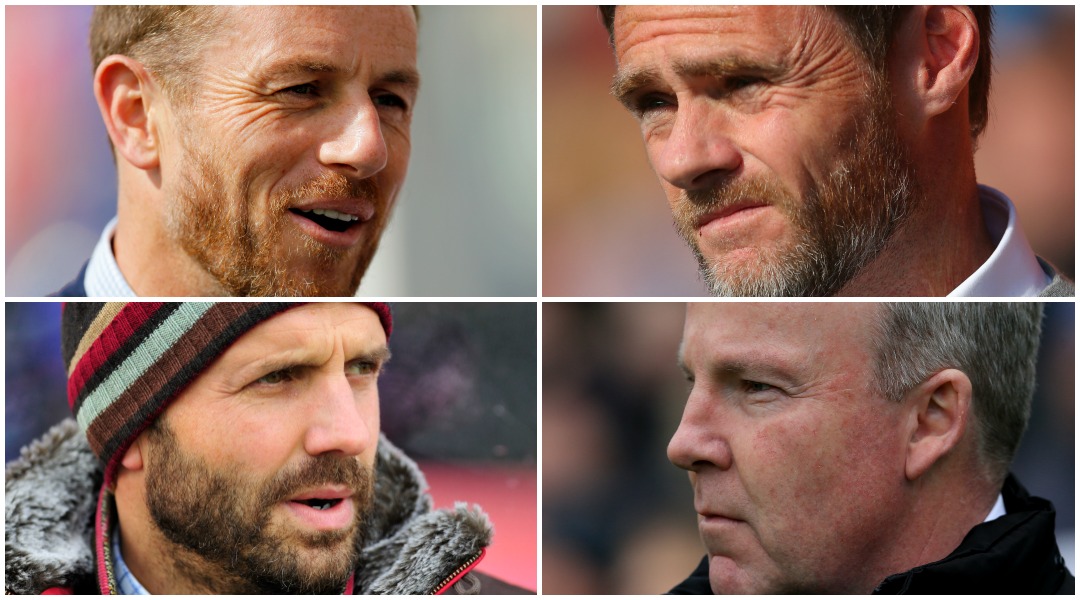
12) Ronnie Moore (Hartlepool)
There are few better at working with scant resources in the lower divisions than Moore, and the point was proved after he took over at Hartlepool last December. Pools were propping up the league by a distance – six points, precisely – and looked certain to be relegated, but a superb late-season run saw them pull clear and it was ironic that Moore’s previous club, Tranmere Rovers, were one of the sides to go down instead.
Moore had twice managed Tranmere, taking them to the brink of the League One play-offs before his second stint ended in an ignominious sacking for breaching betting regulations. He made his name at Rotherham, winning two successive promotions at the turn of the decade to take the Millers into the Championship. Nobody has ever seen what Moore could do with a few million pounds to spend, but on a shoestring results are all but guaranteed.
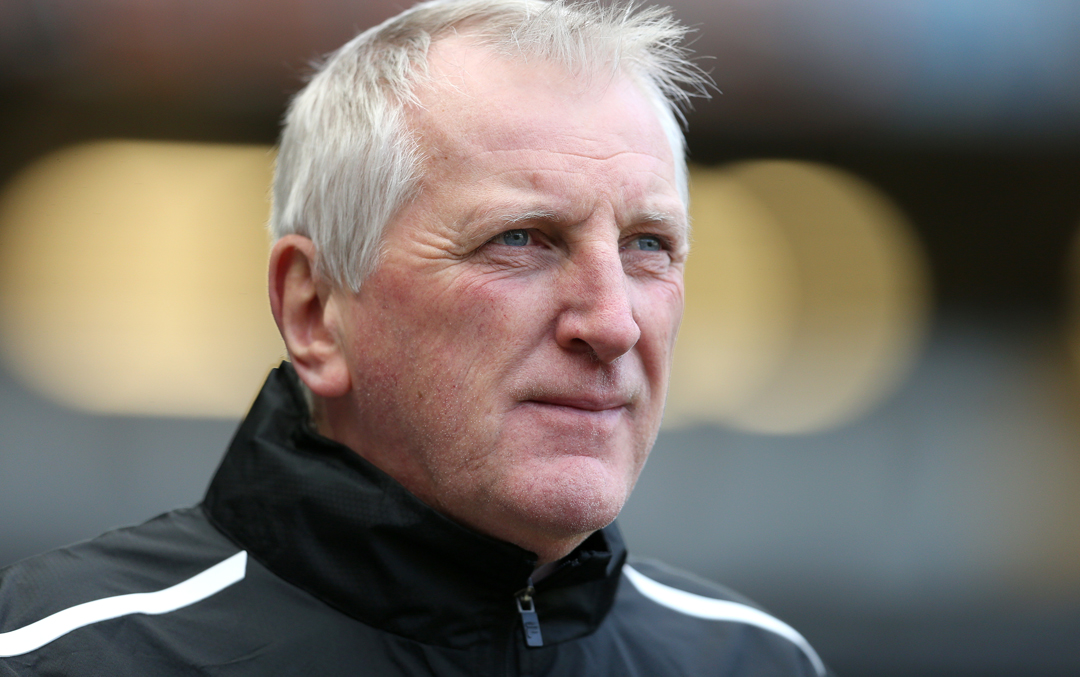
11) Gareth Ainsworth (Wycombe)
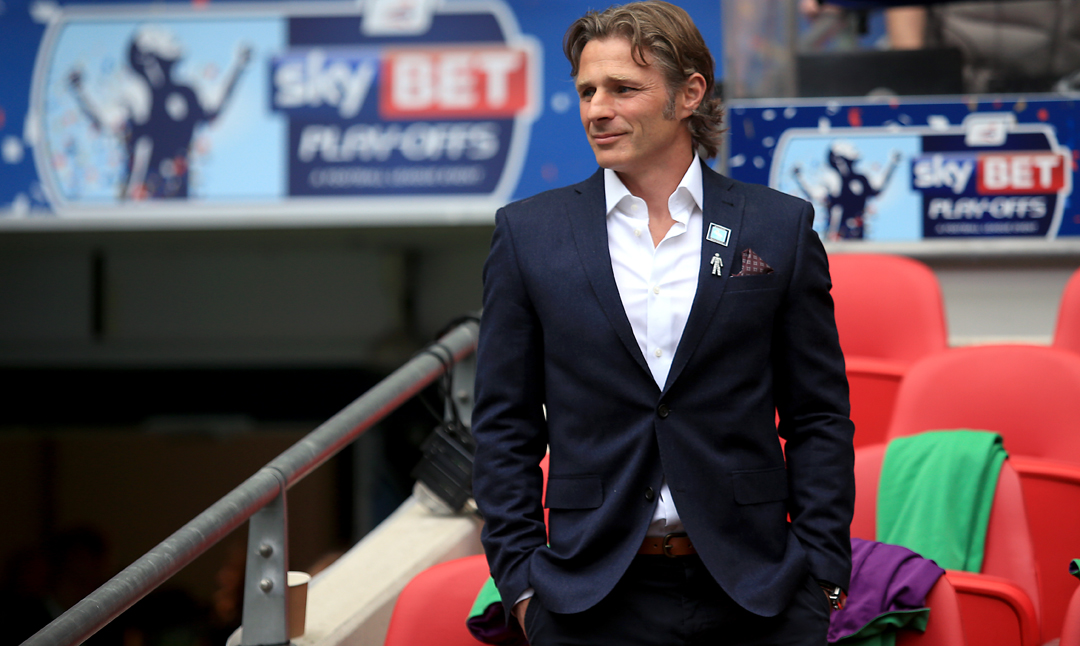
The Wycombe Wanderers manager is a talented musician and as comfortable gigging with his band, Road to Eden, as he is patrolling the Chairboys’ touchline. But he does the latter rather well, a point proved when his team came within seconds of winning the League Two play-off final in May, only to be pegged back by Southend at the end of extra-time.
That came just a year after they had avoided relegation to the Conference on goal difference, and the transformation forged by Ainsworth on a small budget was enough to earn him the league’s manager of the year award. Ainsworth wears his heart on his sleeve and watching him on the sidelines can be exhausting in itself, but he has a football mind that is destined for bigger things.
10) Steve Cotterill (Bristol City)
The best features, fun and footballing quizzes, straight to your inbox every week.
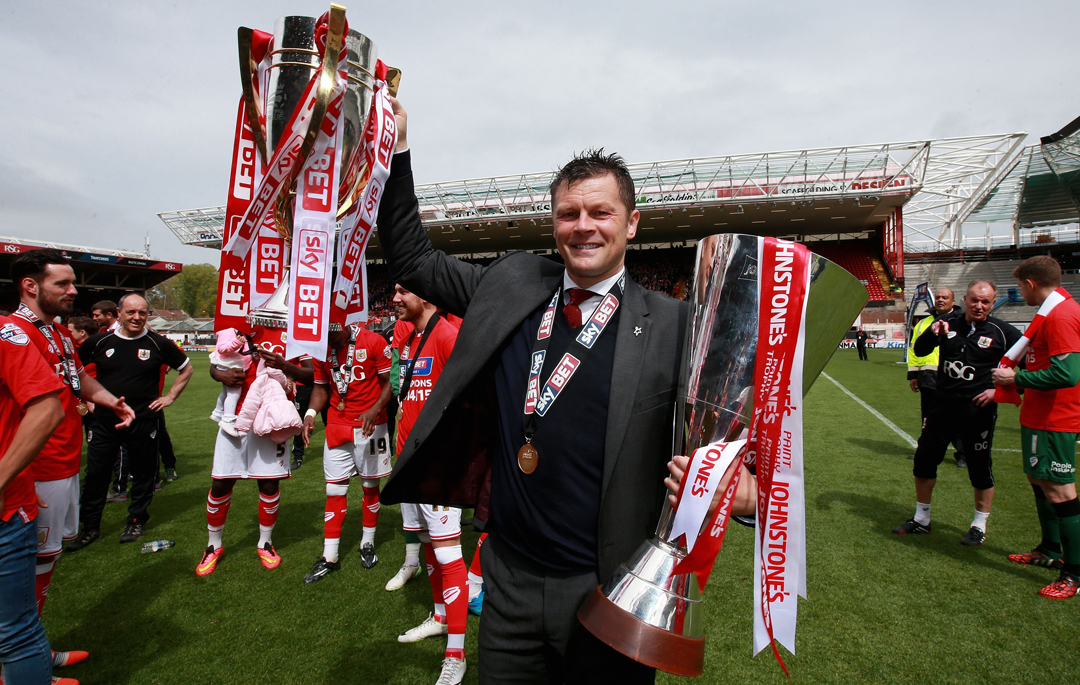
The Bristol City manager isn’t everybody’s cup of tea but presided over a majestic promotion from League One last season – and it wasn’t the first notable achievement to adorn his CV.
Cotterill made his name when taking little Cheltenham from non-league to the third tier and had a variety of jobs after that, including a short spell at Notts County that secured their progression from League Two in 2010. It hasn’t always worked out – a stint at Nottingham Forest ended underwhelmingly when the Al-Hasawi family took over – but in 18 months at Ashton Gate both club and manager appear to have found the right fit.
Cotterill is a fierce motivator who preaches an aggressive, attacking brand of football and will expect his team to compete strongly in next season’s Championship.
9) Paul Tisdale (Exeter)
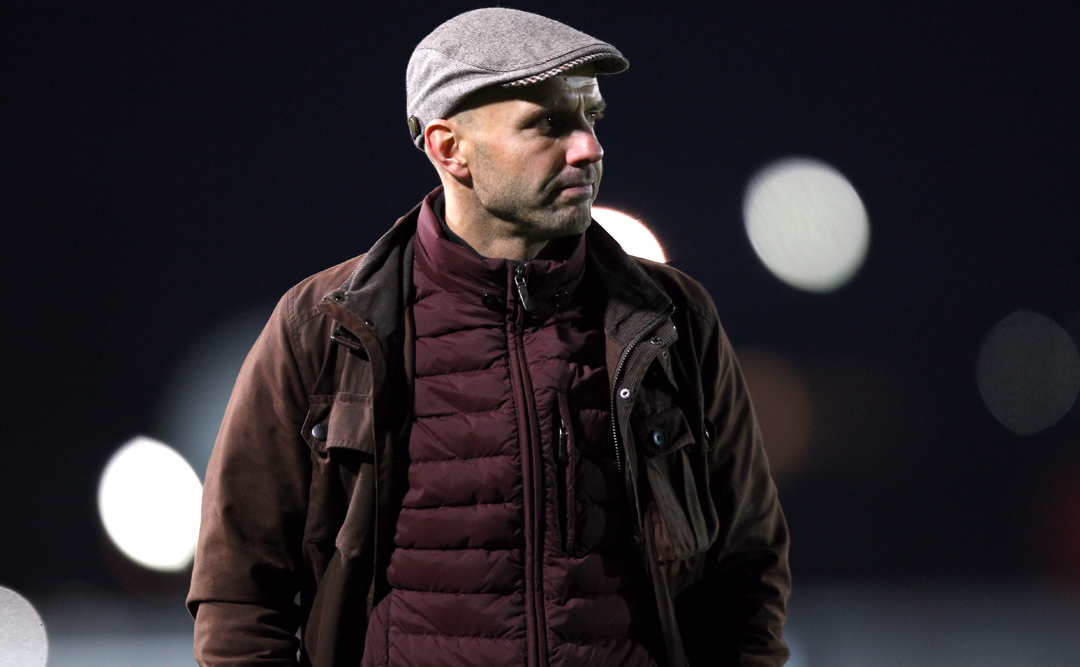
Tisdale has been Exeter City’s manager for nine years now, yet it doesn’t feel as if he’s missed the boat to more illustrious surroundings. Still just 42, Tisdale is English football’s second-longest-serving manager (behind Arsene Wenger) and has used his time well.
The well-dressed custodian took them out of the Conference in 2008 and, remarkably, straight to League One the following year. Relegation followed in 2012 and Tisdale has since been trying to take Exeter, one of the league’s smallest clubs, back up again. His methodical approach, studious demeanour and brand of smart, passing football set him apart from many of his peers and – with Exeter perhaps having been taken as far as they can be – it would be fascinating to see him work a couple of rungs higher up.
8) Graham Alexander (Fleetwood)
Alexander’s playing career was notable for his penalty-taking prowess and his managerial skills are hitting the spot, too. Tenth place in League One for Fleetwood at the first time of asking was a fine achievement for a club whose average attendance was 134 just 11 years previously, and Alexander’s work since taking over in December 2012 has accelerated what was already a formidably upward trajectory.
The Championship is the next target for the 43-year-old, whose well-organised team had the division’s fourth-best defensive record last season, and the odds are that he will make it there sooner rather than later – whether with the Lancashire side or not.
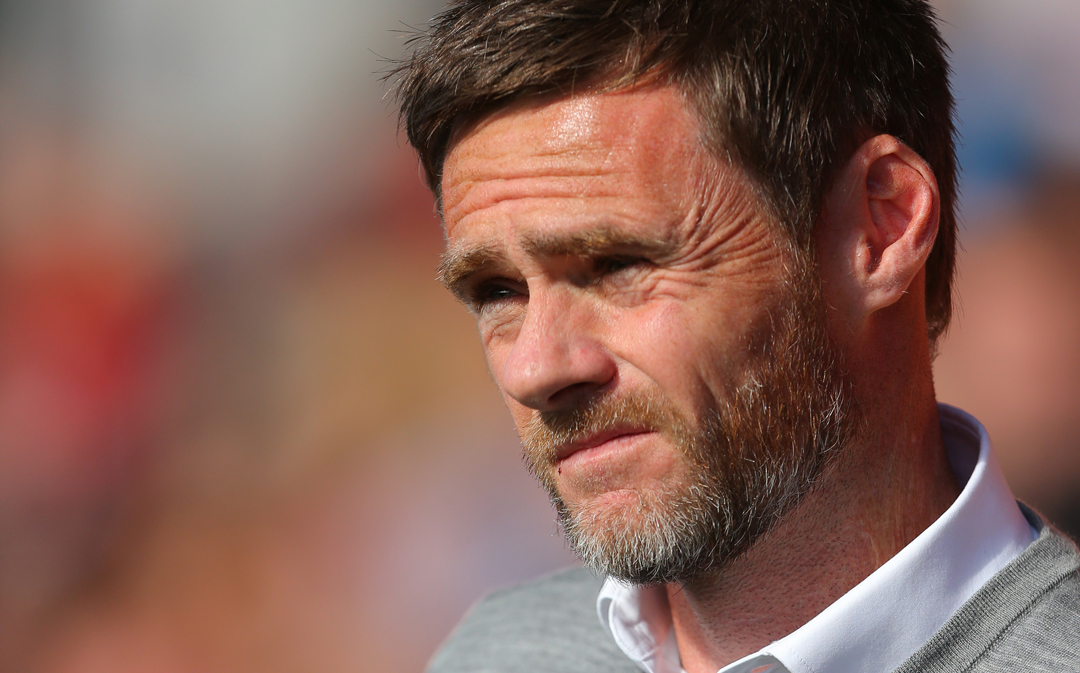
7) Karl Robinson (MK Dons)
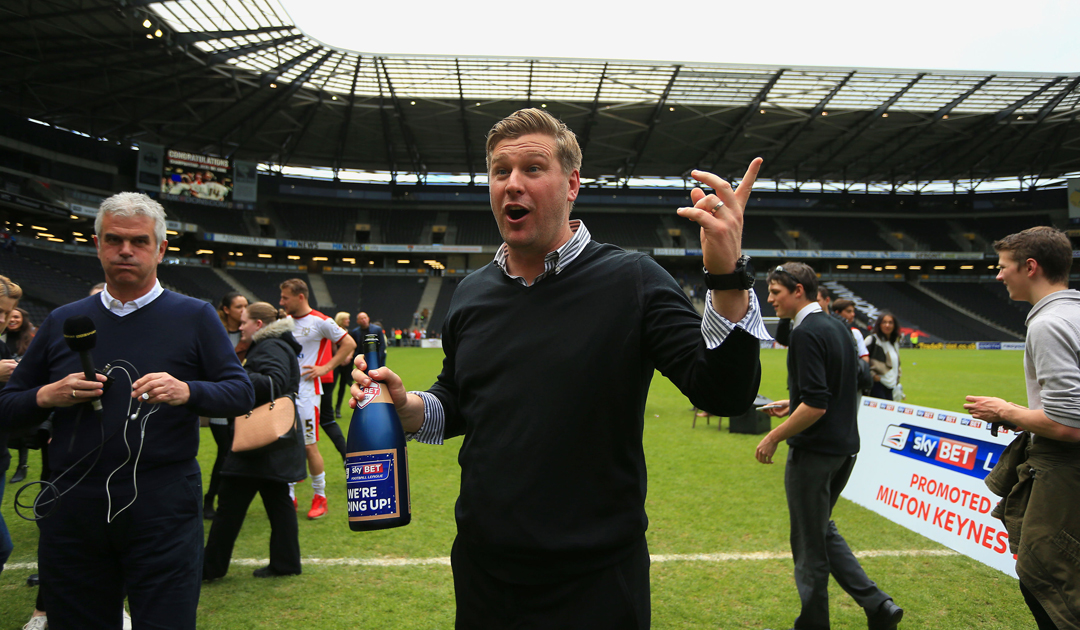
It seems remarkable that, at 34, Karl Robinson is five years into his spell at MK Dons – and it’s a credit to his ambitious side that it has stayed loyal to him, too. There is good reason: Robinson is a razor-sharp character who has stamped a clear style on what is still a new club.
Under Robinson, MK Dons have played fluent, incisive football and even though a couple of early play-off campaigns under his watch were followed by finishes outside the promotion shake-up there has always been the feeling that they are building. That was borne out last season, when an exciting young team was promoted to the Championship at last, and few would bet against club and manager’s stock increasing in the second tier.
6) David Flitcroft (Bury)
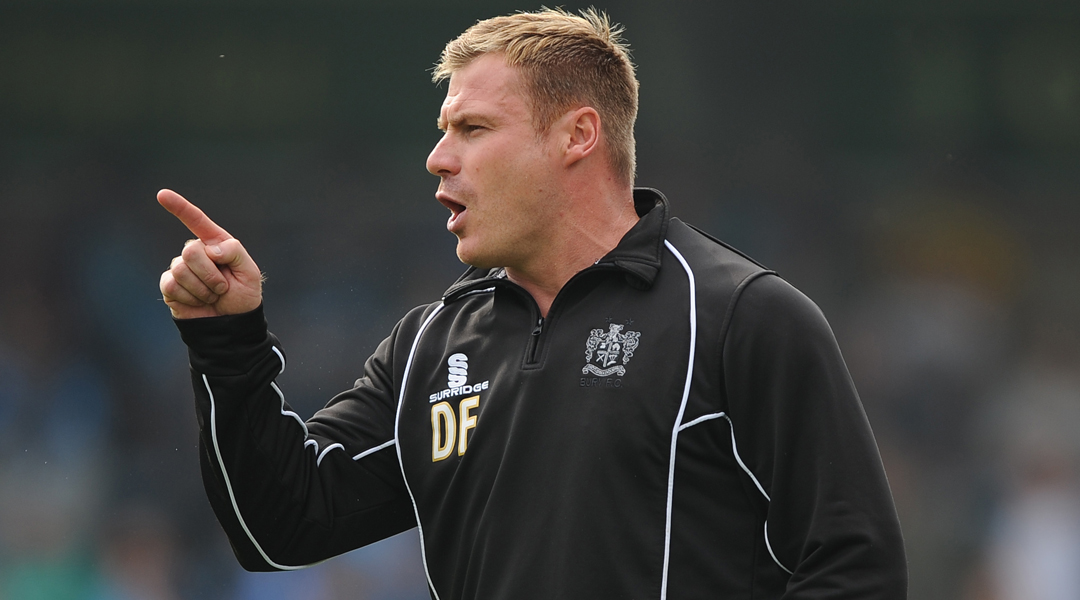
Bury were, in Flitcroft’s words, “all over the show” when he took over in December 2013. The Shakers boss had been harshly sacked by Barnsley just months after saving them from relegation from the Championship and had to rebuild his career with a club that looked like dropping out of the Football League. He steered them into mid-table and then, in his first full season, took them to automatic promotion – showing a tactical flexibility that is not always evident further down the leagues.
Flitcroft isn’t afraid to change his team’s shape during a game and has often started with a back three. He isn’t afraid to speak his mind either, criticising the club’s fans for their impatience after a win over Northampton in March. As Bury prepare for League One, Flitcroft is well on the way to proving Barnsley wrong.
5) Aitor Karanka (Middlesbrough)
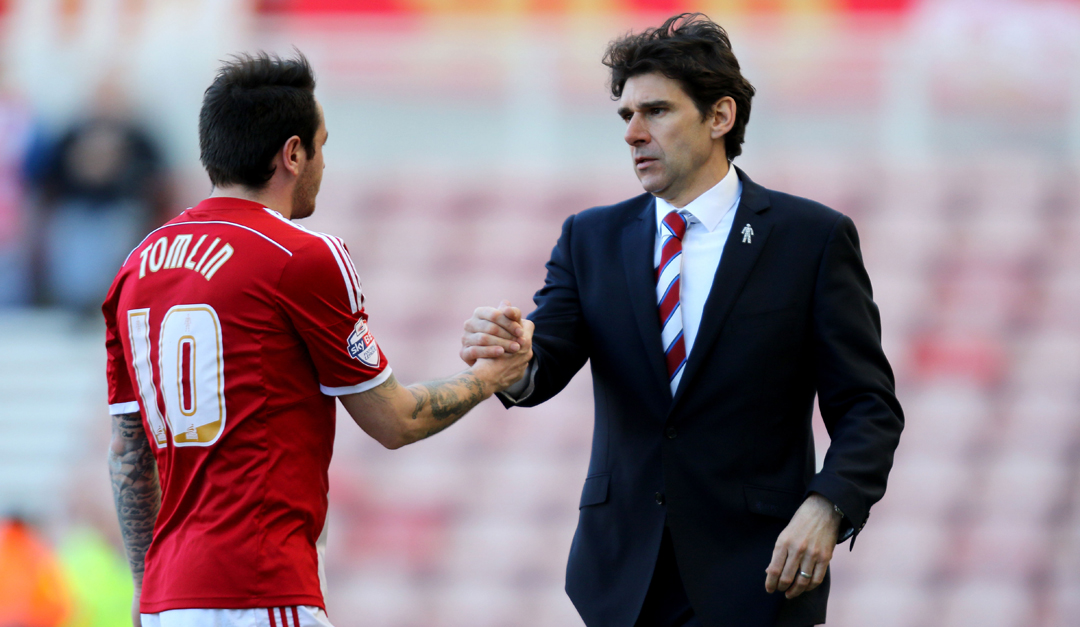
Karanka, who’d been Jose Mourinho’s assistant at Real Madrid, was a celebrated arrival to the Championship in November 2013 but there was still little way of knowing how a man unaccustomed to its rigours would fare.
As it turned out, doubts were unnecessary: Middlesbrough couldn’t mount a play-off challenge in his first season but the shift in their style was clear and, by the start of 2014/15, the Spaniard had created a tightly drilled unit that pressed ferociously and played some technically outstanding football.
Defeat in the play-off final was hard to take, and there was also the moment when he ill-advisedly sent goalkeeper Dimitrios Konstantopoulos up for a corner towards the end of a vital game at Fulham and saw his team throw the game away, but nobody is perfect. The Spaniard has, in the space of 18 months, wrought an astonishing turnaround and bright times lie ahead for both parties.
4) Sean Dyche (Burnley)
More than a few managers have risen to stardom and then virtually disappeared from view, perhaps winning promotion before being removed at the first sign of trouble. But even though Burnley’s instant relegation from the Premier League looked nailed on, there was never any danger of Dyche being pushed over a cliff.
Harshly jettisoned after a solid year at Watford, he took the job at Turf Moor and within two years an inexpensively assembled side had stormed to promotion. Meticulous to the tiniest detail and supremely loyal to those who have served him well, Dyche knows how to squeeze the maximum out of his players and Burnley could not have been accused of letting themselves down last season. They may have gone down with him at the helm, but the outstanding Dyche is the man to take Burnley back up.
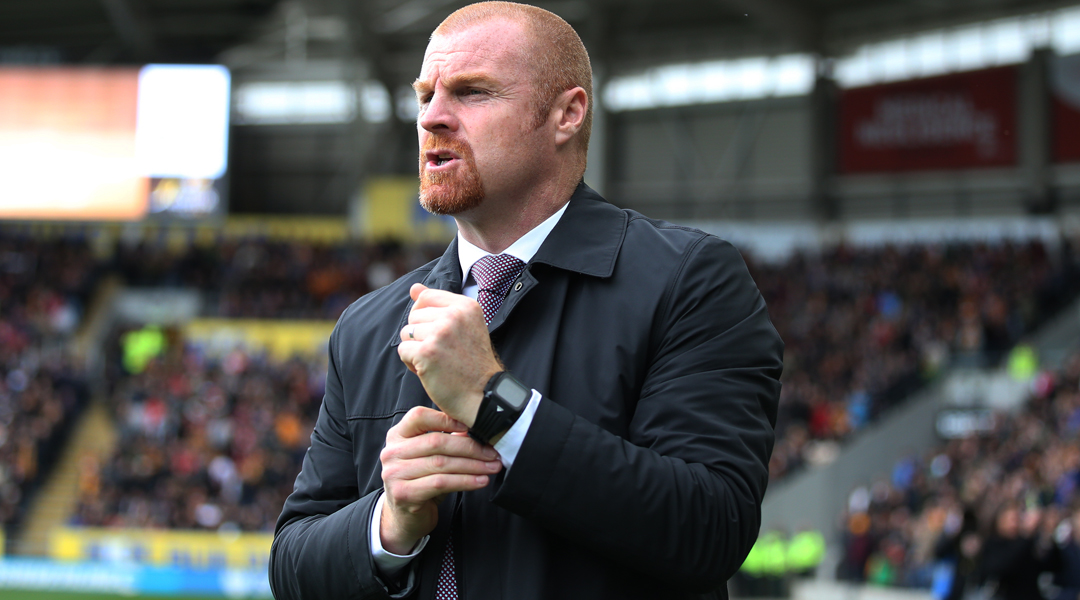
3) Mick McCarthy (Ipswich)
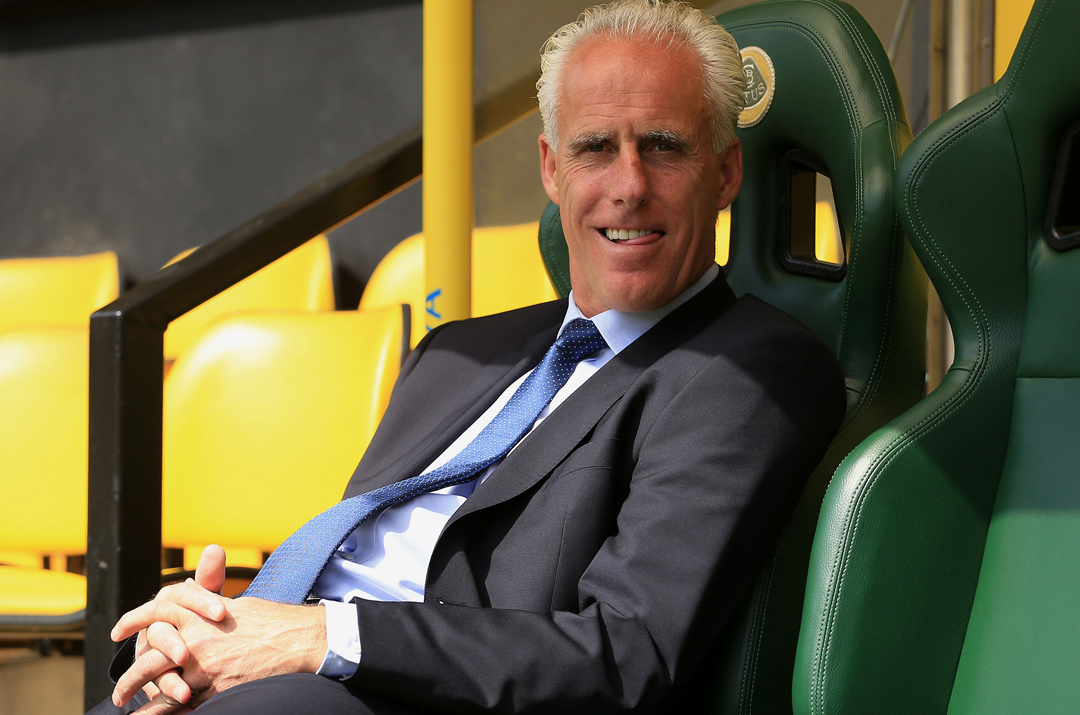
The Ipswich manager still has his detractors and admits to feeling sore at the negative judgements that followed his spell at Wolves, who he’d kept in the Premier League for two seasons before his departure.
But nobody can work the Championship better than McCarthy, who is a far more nuanced individual than many realise, and his current side proves the point. He has taken Ipswich from relegation fodder to promotion near-misses within two-and-a-half seasons, spending just £110,000 on transfer fees and creating a side whose work-rate and spirit are the envy of the division.
They can play football too, and if McCarthy can go one better next season and win a third promotion – to supplement those achieved at Sunderland and Wolves – it will confirm the view that, while there may be better managers in the division, there are no better managers for it.
2) Gary Rowett (Birmingham)

Birmingham City’s 10th-placed finish in last season’s Championship may have been unremarkable to the casual observer, but the revival that took them there was profound.
When Rowett took over on October 27, the Blues were 23rd and had just lost 8-0 at home to Bournemouth. The cause seemed hopeless, but Rowett immediately steadied the ship with a five-game unbeaten run and the team was never in trouble again.
Perhaps it was no surprise; the 41-year-old Rowett had done a fine job in just over two seasons managing Burton Albion, twice leading them to the League Two play-offs before setting them firmly on course for last season’s promotion, which was completed by Jimmy Floyd Hasselbaink. Another season of progress with Birmingham and bigger fish might start taking interest.
1) Kenny Jackett (Wolves)
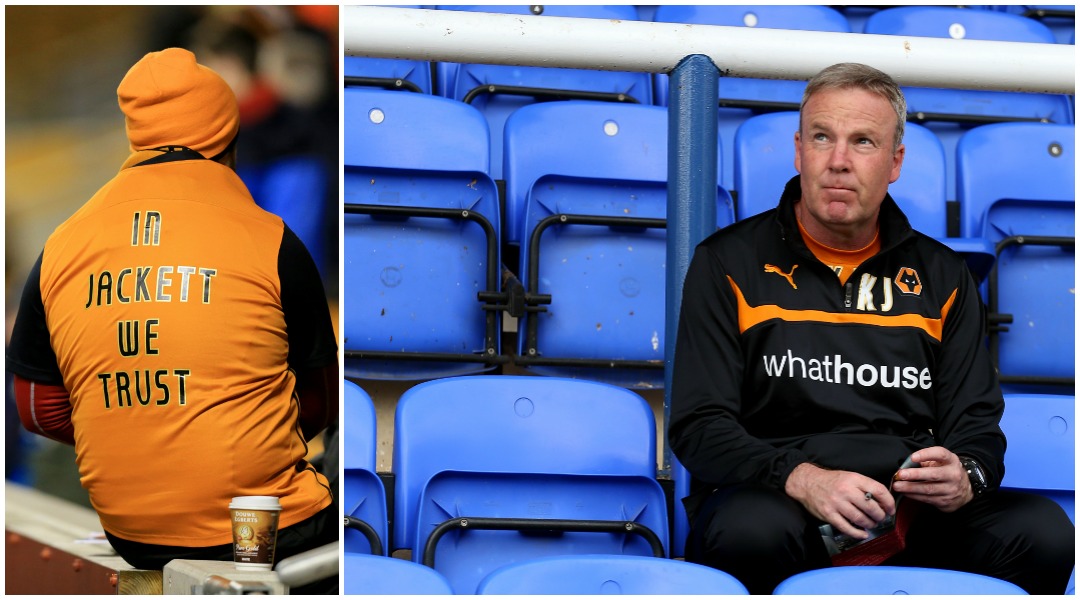
They say that the best referees are the ones who don’t go out of their way to be noticed, and perhaps that goes for managers too. Kenny Jackett is as unassuming as they come, but if his name has rarely hit the headlines then perhaps it’s because there has been nothing to complain about.
After kick-starting Swansea’s march through the divisions with promotion from League Two in 2005, he took Millwall out of League One and kept a cash-strapped club competitive in the Championship.
Next up was the task of correcting an unholy mess at Wolves. Jackett took them back to the Championship and within a whisker of last season’s play-offs, playing an unfussy and incisive brand of football that mirrors the man himself. Jackett is one of the nicest managers in the league but he is also arguably the very best, too.
#FFT50MANAGERS See our full list of the top 50 managers and features on them here
